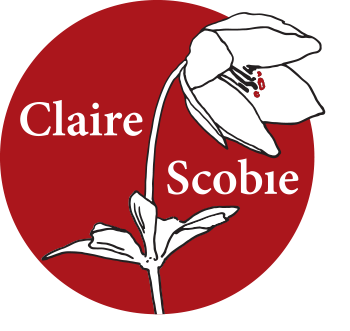29 Dec Reading travel memoirs
 I’ve just finished my first five-week travel memoir course of the year. As always, it’s exciting to see writers develop over the time we spend together. I always leave feeling inspired by people’s journeys and their courage to share them.
I’ve just finished my first five-week travel memoir course of the year. As always, it’s exciting to see writers develop over the time we spend together. I always leave feeling inspired by people’s journeys and their courage to share them.
Now, I’m not one to have a gripe but this blog has one. (Drawing a deep breath)… I’m often amazed how many people attending my courses read so few books in the genre.
Not everyone, of course. There’s always at least one who is an avid reader. But often there will be a couple, or a handful, who have hardly read any travel memoirs. Yet they are there because they want to write one.
It’s a bit like wanting to make horror films and never watching a single flick. Or deciding to become a pastry chef and never eating the sorts of patisseries you want to cook.
One of the best ways to learn how to write is to read. Reading anything is good, but particularly reading the sort of book you want to author.
Start reading for fun. Pick up a book and see what you like and what you don’t like. Try to understand which books work and which don’t.
Then if you’re really serious about writing your own, begin to read critically. This means working out the book’s architecture—how it’s structured. Look closely at the bricks and mortar—the syntax or sentence construction—and language.
A good exercise is to copy out word for word an entire paragraph. This will help you understand how a writer thinks. You notice details which you would normally skim over when reading.
New writers often try and emulate other writers until they find their own voice.
I heard a story from travel writer William Dalrymple (City of Djinns, From the Holy Mountain) about how, when he first started out, he wanted to write like the classic English writer Patrick Leigh Fermor (A Time of Gifts).
Dalrymple’s first attempt at his own book was derivative of Leigh Fermor’s style and it never saw the light of day. But the process of trying to write like him was hugely instructive. Dalrymple then went on to write In Xanadu, which established his long and industrious career.
Most of all, reading helps you decide what sort of book you don’t want to write. And when you know that, you get clear on what you do.
That wasn’t too much of gripe was it?
